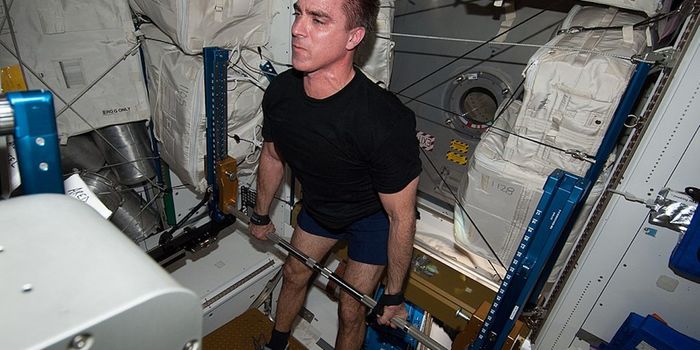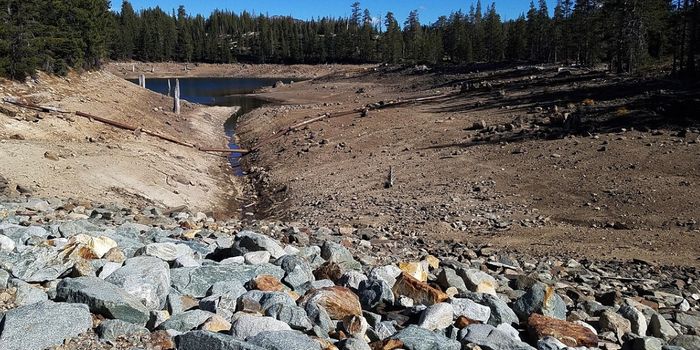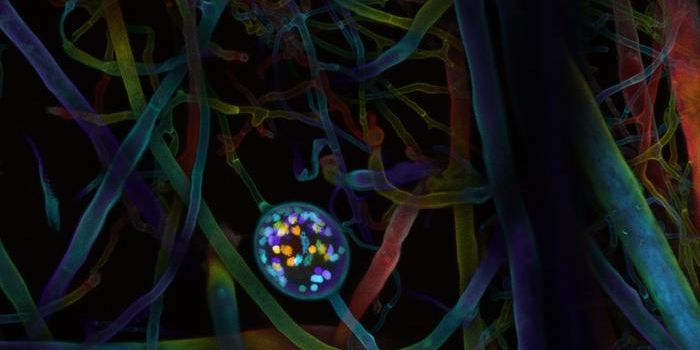We've Killed Half the World's Coral
A recent study published in One Earth on Sep. 17 paints a poor picture for the state of the world’s coral reefs. Looking at coral reef habitat, coverage, biodiversity, and capacity to support surrounding ecosystems, the study tracks the decline of coral in all of these categories and more since the 1950s. One of the most startling conclusions is that “global coverage of living coral has declined by half since the 1950s.” Coral coverage of reefs is the proportion of reef covered by coral instead of other organisms, like sponges and algae. A halving of coral coverage means reefs lose out on at least half of their traditional foundations.
The study attributes the dearth and suffering of coral reefs to “climate change, overfishing, habitat destruction, and pollution.” Climate change increases the temperature and acidity of ocean waters, leading to coral bleaching and death. With ocean acidity poised to potentially quadruple by 2100, the study notes that “climate change and ocean warming are the greatest threats to coral reef capacity,” that is the capacity of coral reefs to provide ecosystem services to coastal communities and wildlife. We can see this effect clearly by the fact that fishing catch-per-unit effort is down 60% from 1950 despite increases in fishing effort. Coral-reef-associated biodiversity has experienced a similar decline of 63%, dwindling in tandem with coral coverage.
As coral reefs diminish, so does our world, both in terms of economics and of natural wonder. In the coral reef loss, coastal communities lose a valuable resource which they depend on in just the same way as coral reef ecosystems lose the foundational coral they depend on. This effect can be even more devastating to Indigenous communities and coastal populations whose cultural and traditional practices may depend on coastal reefs. The study concludes by emphasizing these damages and reiterating the need for global climate action as well as more regional, directed efforts aimed at supporting coral capacity. Reducing carbon emissions can prevent future warming which would further hurt coral and novel methods of coral protection are being discovered all the time, methods as unexpected as planting a tree.
Source: One Earth; Global Change Biology
Banner Image Source: Acropora
Article Image Source: Oregon State University









